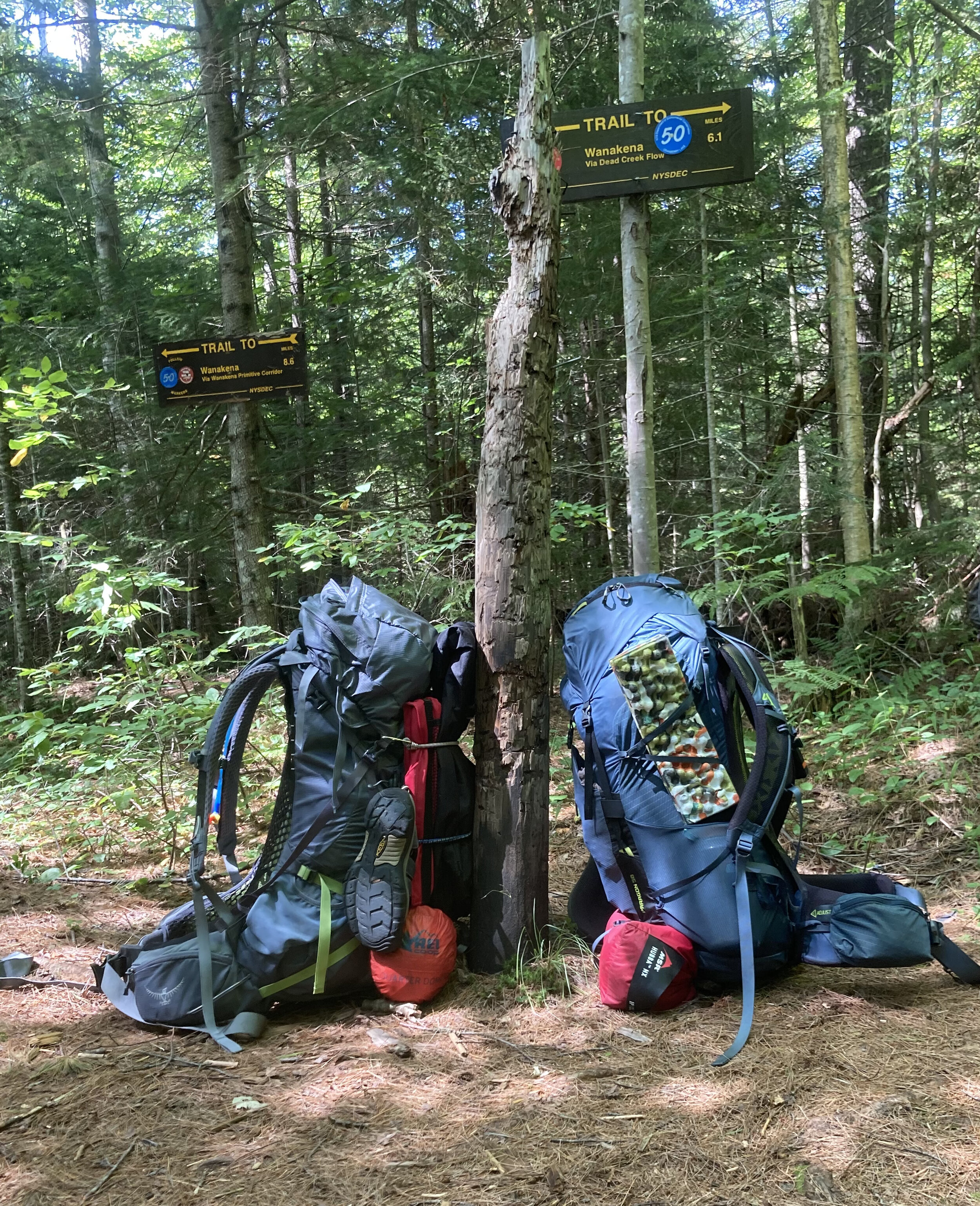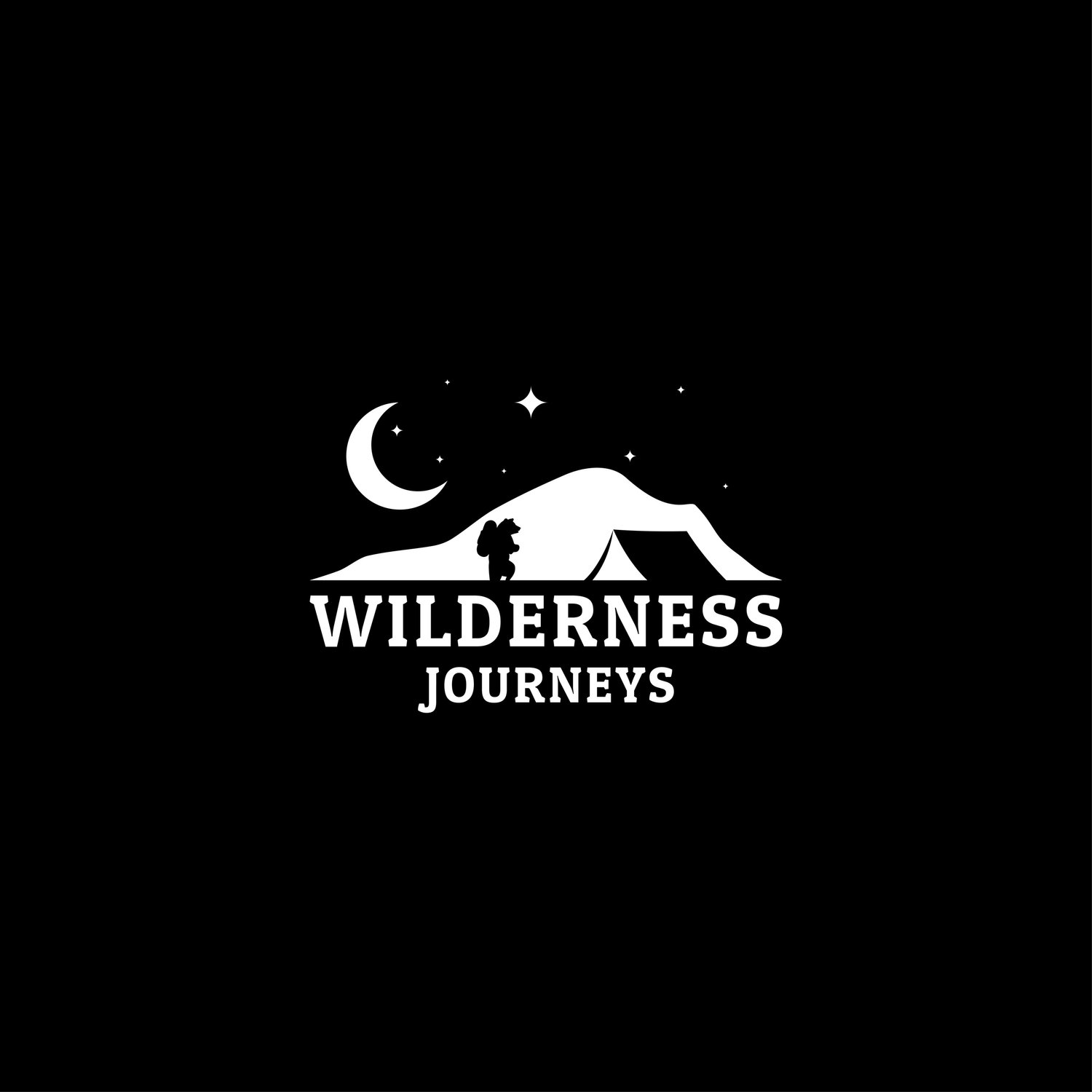
Is Backpacking/Hiking for Me?
Myths and Truths about Backpacking
One of the biggest obstacles keeping us from engaging the wilderness is us. We create the reasons why we think we couldn’t go for a day hike or overnight backpacking trip. Here are some of the myths and truths that many of us create to keep us from getting into the wilderness:
Myth - I need to travel far to have a true wilderness experience
Truth – The Wilderness Is All Around You
If you are looking to experience nature you never have to look far. Cities and towns have parks that are nearby. It is not difficult to find short trails (1-3 miles) that would be less than an hour to get to. A wilderness experience is one that involves the wilderness in a variety of ways. However, if you are looking for a longer and more involved wilderness experience (overnight at least), it is likely that you will have to travel a little farther. But if you are going to be spending 3-5 days in the wilderness, then a three to five-hour drive does not seem so bad.
Myth - I need to be young
Truth – It is never to late or early to go into the wilderness
You are the right age for the experience that you need. Everyone can experience and enjoy the wilderness in a way that is appropriate to who they are; the key is finding the right wilderness experience that matches your abilities. If you are in the third-third of your life and haven’t been climbing mountains on a regular basis, then going up a mountain or hiking for miles with a full pack may not be for you. But there are trails with less elevation changes, and state and private campgrounds that are easy to get to. We will work with you to find an experience that best suits your abilities.
Myth - I need to be in great physical shape
Truth – You could always exercise more
There is not an ideal body-type, physical condition for hiking or backpacking. The better physical condition that you are in the more you will enjoy a wilderness experience. Every person is different and not everyone can or should be able to run a marathon before backpacking. No matter how much you train, it will still be physically demanding, so don’t overthink it. If, however, you find yourself out of breath after walking from the couch to the fridge, then you will want to do some exercise and conditioning before going on a hike or trip. We can offer exercises and recommend cardio goals to aim for before a trip so you will be as ready as is appropriate for you.
Myth - I need to have all the right and expensive gear
Truth – The best gear is what works best for you
There is always a better pack, a nicer watch, a lighter tent drawing you to spend and spend and never get into the wilderness. There are certain things you should not use (anything made of cotton), but not much that you must have. If you are just thinking about a day-hike you just need to have comfortable shoes and a bag to carry water, snacks, clothing, and a few other items. If you are looking to go on an overnight trip, there are some things that you will need to make sure you have – good footwear and socks and appropriate clothing – but other items are not necessary to purchase. We will work with you to help find cost effective ways to get all the necessary gear, renting if possible.
Myth - I would never be able to handle the hygiene discomforts
Truth – Everyone smells in the wilderness
You get used to the smell. You get used to doing your business in the wilderness. A wilderness experience can be a great equalizer and everyone smells bad after a day of hiking and backpacking. You don’t really notice it at all. As to the other discomforts (bathroom practices), consider how much time you spend going to the bathroom with the rest of your day. If that small percentage of the day will negatively impact the rest of your day so much that you will not be able to enjoy the experience then perhaps the wilderness is not for you. However, I imagine that you will be ok with the brief moments without running water. We do encourage people to hike with hand sanitizer to keep things as clean as possible.
Myth - The wilderness is dangerous
Truth – Risk and reward are a key part of living, You will be ok
Life is dangerous. Life is also wonderful. The wilderness is wonderful. Crossing the street can be dangerous. Driving your car can be dangerous. Staying home can be dangerous. The wilderness only feels dangerous because it is different and a break from routine. Yes, you must be prepared and careful, and often trust your gut, but the wilderness is no more dangerous than other parts of life. We work with a sense of calculated risk knowing that if we never took any chances then we would never have any experiences. Within our calculations is a sense of what might be too much and what can be managed within a margin of error. This will vary from group to group and depending on the location. We will take risks, but never more than is appropriate and those risks almost always yield great reward.
Myth - I should have basic wilderness survival skills before going
Truth – You will be ok
You are not venturing into an unknown land by yourself, but are with an experienced guide who will make sure that you are ok. It never hurts to learn some of the basic survival tactics, and we will go over some with you, but we will have all that we need. We hike with stoves, tents, water purifiers/filters, and all the necessary tools and supplies so you will not have to be identifying edible berries to survive.
Myth – I need to know how to navigate in the wilderness
Truth – You will be ok
For the most part, you will be on marked, designated trails. You will not be left alone and in the case of an emergency we will have a back-up plan. In those situations where we leave a marked trail, you will be with someone who is experienced and has knowledge of the area and of backcountry navigation. We will also spend some time going over basic map-reading and compass skills.
